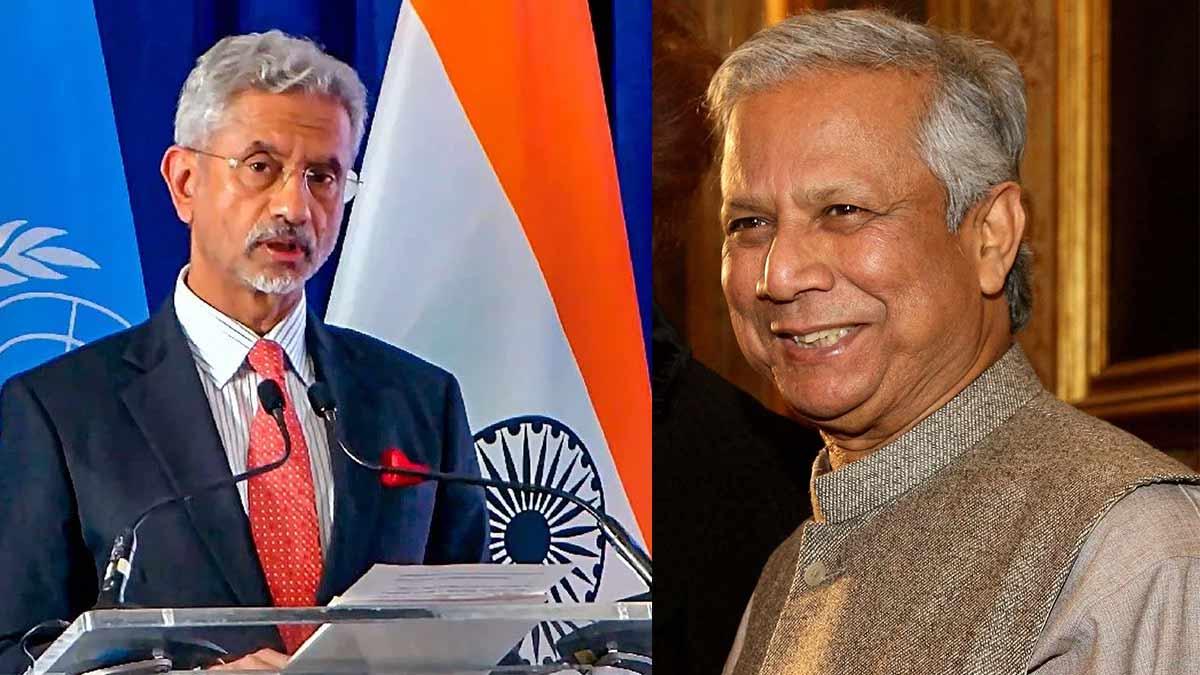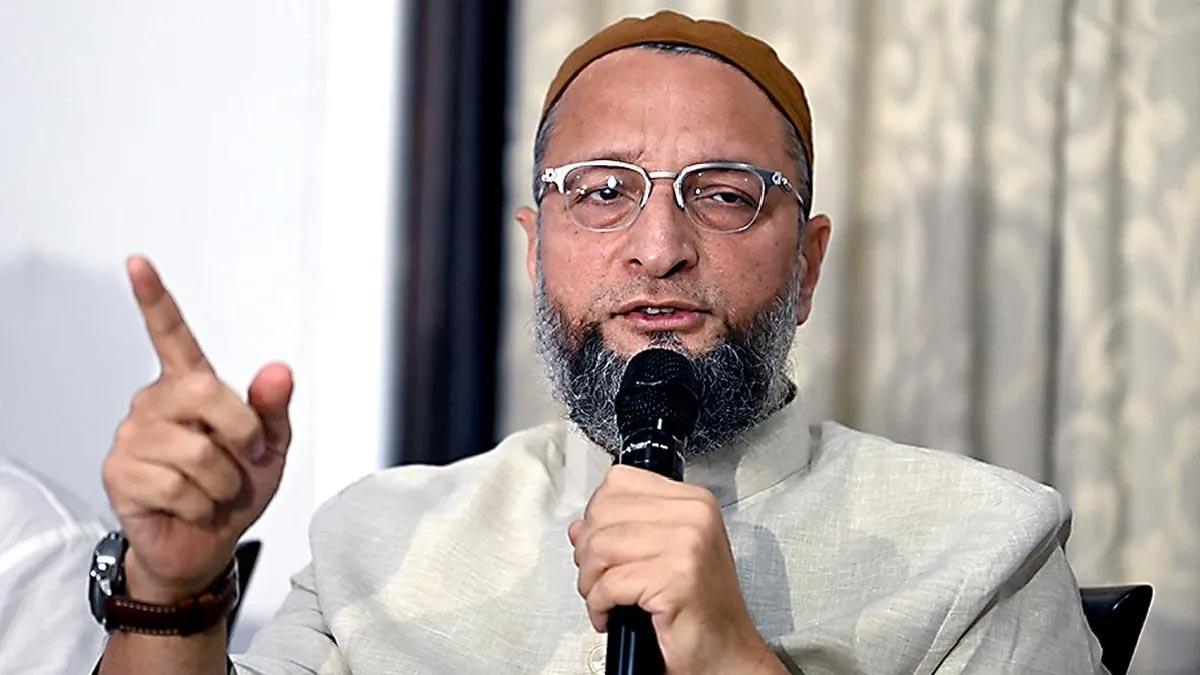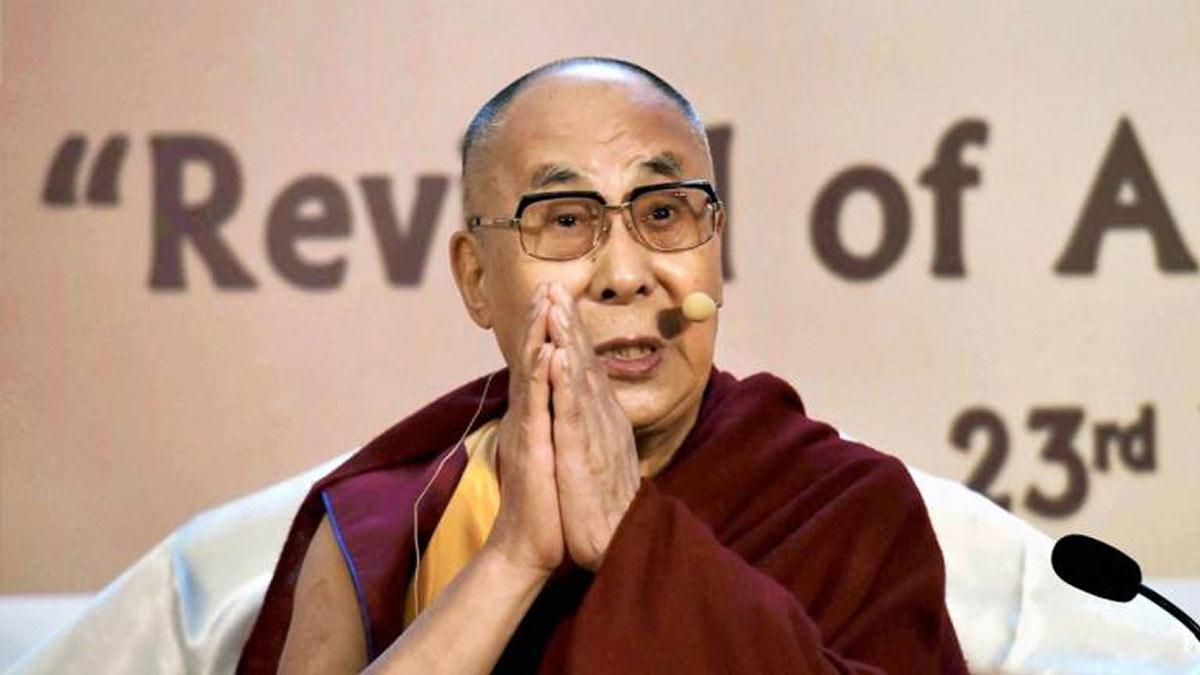India acknowledges its central position in the Bay of Bengal Initiative for Multi-Sectoral Technical and Economic Cooperation (BIMSTEC), considering it has a very long coastline on the Bay of Bengal, External Affairs Minister S. Jaishankar said. He asserted India looks at regional cooperation as an overall concept and not an episodic engagement.
His remarks were made in reaction to recent statements by Bangladesh's Chief Adviser, Muhammad Yunus, which caused controversy. Yunus not only claimed that Bangladesh was the "only guardian of the ocean" in the region but also called on China to enhance its economic influence in his nation.
Addressing the 6th BIMSTEC Summit in Thailand, Jaishankar emphasized the long-standing historical ties and common interests of the countries around the Bay of Bengal.
"The nations in and around the Bay of Bengal have shared interests, as well as shared concerns. Traditionally, priorities other than the welfare of this region have overshadowed it," he stated. "India is very conscious of its particular responsibility towards BIMSTEC, especially as the country that has the longest Bay of Bengal coastline, going almost 6,500 kilometers."
Emphasizing India's geopolitical position, he said, "India is bounded by five BIMSTEC member states, is a bridge to the majority of them, and is a vital bridge between the Indian subcontinent and ASEAN."
Jaishankar also identified India's northeastern region as an emerging connectivity hub for BIMSTEC. "The region is being transformed with the establishment of large networks of road, railways, waterways, power grids, and pipelines. The completion of the Trilateral Highway will further expand this connectivity all the way up to the Pacific Ocean, and this will be a game-changer," he stated.
Emphasizing India's resolve to bolster regional cooperation, Jaishankar said, "Enhancing free flow of goods, services, and people across this geography is a priority. Appreciating its strategic value, we have continually endeavored to strengthen BIMSTEC in the last decade." Reaffirming India's position of cooperation, he declared, "We subscribe to an integrated strategy and not selective engagement."
Later, in an X social media post, Jaishankar repeated highlights of his speech at the BIMSTEC Summit in Bangkok.
"The countries in and around the Bay of Bengal have both commonalities of interest and concern," he posted. "Our northeastern region is becoming a key connectivity hub for BIMSTEC, and the IMT Trilateral Highway will connect it directly with the Pacific Ocean."
He also pointed to key security concerns, saying, "BIMSTEC should recognize the severe threats from cybercrime, terrorism, human trafficking, and illicit drug trafficking. Having strong mechanisms to address these problems is the need of the hour. Additionally, we cannot overlook the continuous threats of extremism, radicalization, and terrorism."
The BIMSTEC Summit will gather top regional leaders, such as Indian Prime Minister Narendra Modi, Nepal's Prime Minister KP Sharma Oli, Bangladesh's interim leader Muhammad Yunus, and Myanmar's military leader Min Aung Hlaing, according to PTI reports.
As Yunus came to power after the removal of Prime Minister Sheikh Hasina in August 2024, relations between India and Bangladesh have witnessed increasing tensions. India has been concerned about increased violence against Hindus and the growing dominance of hardline Islamist elements in Bangladesh.
While on a recent trip to China, Yunus asked Beijing to increase its economic presence in Bangladesh. His provocative statement indicated that India's seven northeastern states, being landlocked, could gain from such an economic presence.
Welcoming Chinese President Xi Jinping, Yunus signed nine agreements with Beijing and said, "India's seven northeastern states, commonly called the Seven Sisters, are landlocked and have no direct access to the ocean."
Asserting that Bangladesh is the "sole guardian of the ocean" in the subcontinent, he couched this as a Chinese economic integration opportunity.
His remarks, which emerged on social media on March 31, provoked fierce responses throughout India's political establishment. Opposition leaders from several parties condemned his statement, describing it as "provocative" and "shameful."
Read also| Indian Army Foils Pakistan's Intrusion Bid Along LoC in Poonch, Retaliates Strongly


















